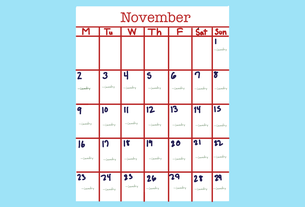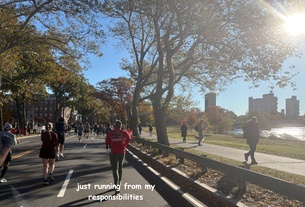Upcoming Maintenance
The Roberts Court
The Odds Ever in Our Favor
A firm grasp of these rules goes much further toward getting off on the right foot freshman year of college than does an equally solid understanding of the Necessary and Proper clause of the Constitution. Certainly, knowing the extent of Congress’s power does nothing to inform a clueless freshman at what point in the year it becomes uncouth to seat oneself next to strangers in Annenberg.
Who, What, Where, and War
In the wake of Tsarnaev’s arrest, the government found itself in a quandary. Should Tsarnaev face judgment in a domestic court with the associated protections enshrined in Article III of the Constitution, or should he wait indefinitely in military detention without access to a lawyer or trial? The answer to this question hinged on whether Tsarnaev counted as a criminal or as an enemy combatant, a once crystal-clear distinction that has become increasingly murky as the definition of war has expanded.
Public Lives
If so, the Founding Fathers are rolling over in their graves—when they penned the Fourth Amendment to the Constitution, protecting citizens from searches performed without probable cause and a warrant, they enshrined privacy as a defining feature of American democracy. The rise of the information age, however, has marched privacy up to the gallows and threatened to tighten a noose around its neck.
21 Still Isn’t Working
In 1984, Congress passed the National Minimum Drinking Age Act, which raised the drinking age in the United States from 18 to 21. Nearly two decades later, the law still makes little sense. Not only is the law incongruous with government’s having deemed 18-year-olds mature enough to act as adults in almost every other aspect of their lives, but prohibiting college students from consuming alcohol in the open promotes a dangerous culture of binge drinking behind closed doors.
Charlie and the Great Glass Ceiling
“I think we’re afraid of not succeeding,” I responded between bites of a sumptuous feast of homemade eggplant parmesan and pasta.




